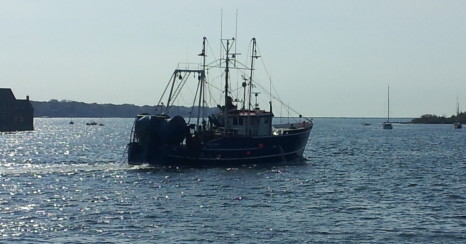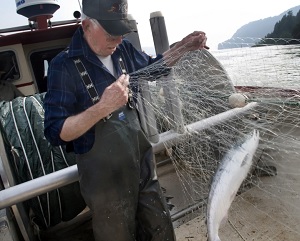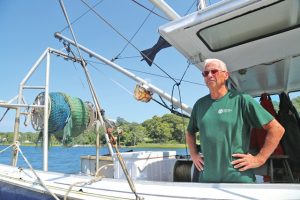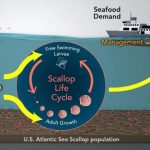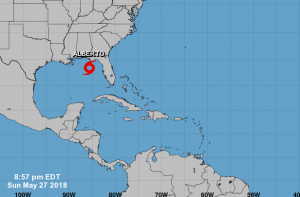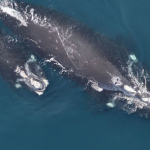Tag Archives: Regional Fishery Management Councils
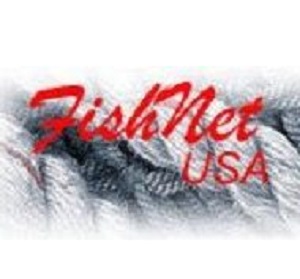
Reallocation: coming to a dock near you?
Ever since quota transfers in “shared fisheries” have been made so easy to justify (see the Massachusetts justification for the recent reallocation of fluke, bluefish and black sea bass at https://tinyurl.com/yckkr6vm), such transfers each year are going to cost us hundreds of tons of product and tens of millions of dollars of business. And as long as one-third of the voting members of the eight regional fishery management councils and three commissions either work for or run the state agencies that are funded in very large part by Wallop-Breaux revenues (see my most recent piece on Wallop-Breaux funding at https://fisherynation.com/

Commerce Department Announces 2021 Appointments to the Regional Fishery Management Councils
The U.S. Department of Commerce today announced the appointment of 31 members to the regional fishery management councils that partner with NOAA Fisheries to manage marine fishery resources. Established by the Magnuson-Stevens Fishery Conservation and Management Act, councils are responsible for developing region-specific fishery management plans that safeguard and enhance the nation’s fisheries resources. Each year, the Secretary of Commerce appoints approximately one-third of the total 72 appointed members to the eight,,, >click here to read< 15:03

U.S. Commerce Department Announces Appointments to Regional Fishery Management Councils for 2018
The U.S. Commerce Department announced the appointment of 30 members to the eight regional fishery management councils that partner with NOAA Fisheries to manage ocean fish stocks. Twenty-nine of the new and reappointed council members will serve three-year terms from August 11, 2018 through August 10, 2021. One appointed member is filling an at-large seat recently vacated on the Western Pacific Fishery Management Council and this member will serve through August 10, 2020. >click to read<17:02
Managing Our Nation’s Fisheries 3: Advancing Sustainability
The purpose of this conference is to elevate the discussion of current, developing concepts on the sustainability of United States marine fishery management, towards possible future use in improving contemporary practices. The conference will examine three theme areas, each of which focuses on policy, science, and process issues associated with three germane topic areas of high current interest. Findings that emerge from this national conference regarding advancing sustainable fishery management practices could be considered for changes to current policy or regulatory approaches developed at Regional Fishery Management Councils or implemented by the National Marine Fisheries Service, or legislative changes via reauthorization of the Magnuson –Stevens Act, as appropriate. http://www.managingfisheries.org/index7.htm






